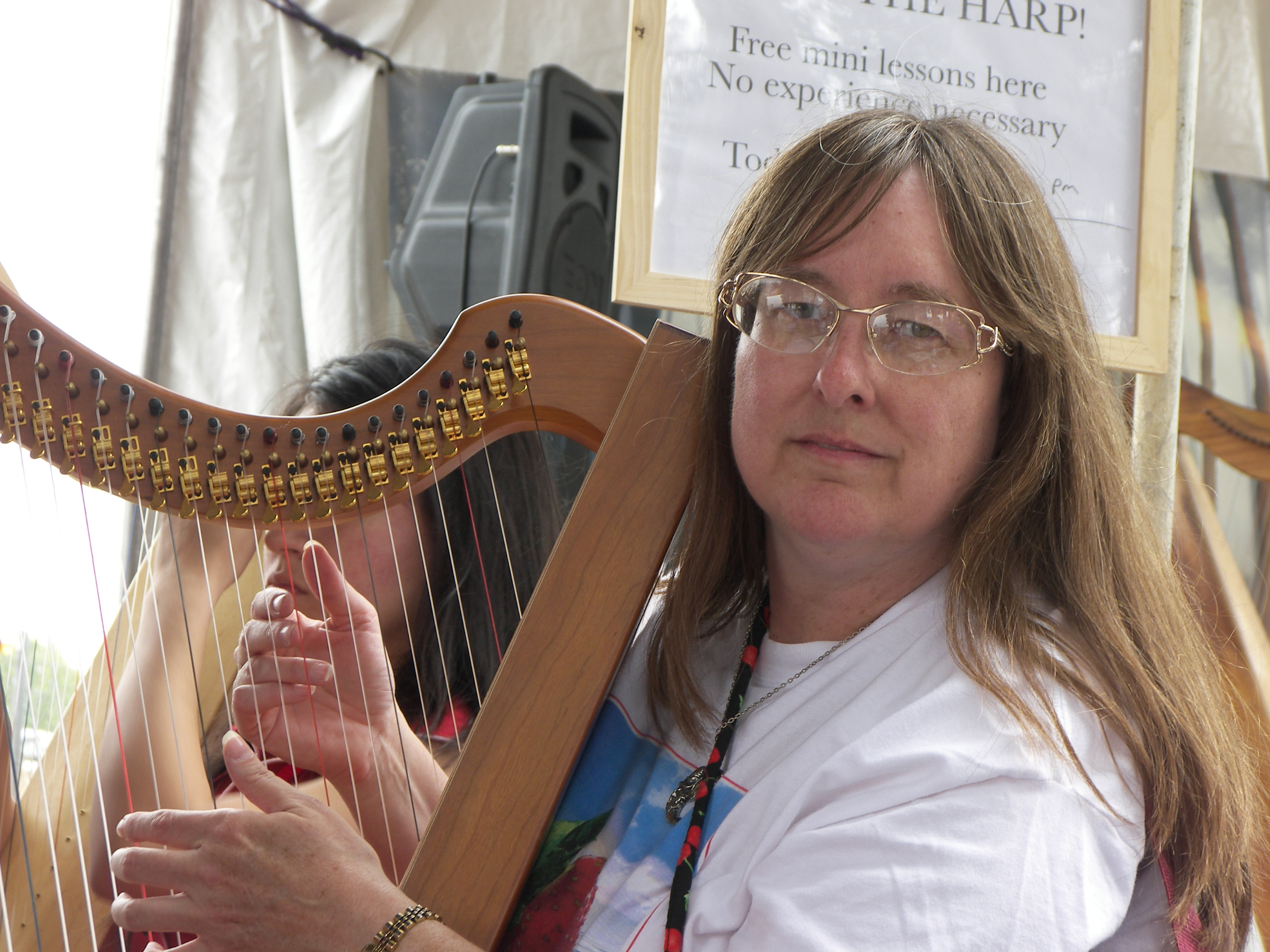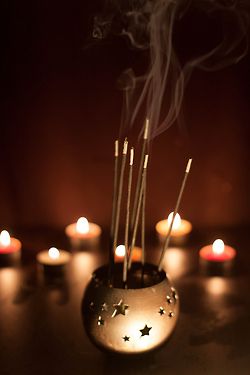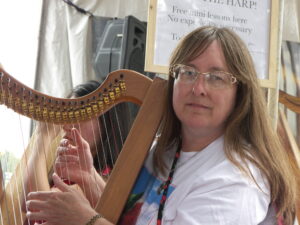Engaging All Your Senses to Create Your World

In my first post in this series, I wrote about why the environment you write in is important and how and where you find this most important place. In the second part, I delved into taking that environment and making it more a part of your world, so to speak, through the physical trinkets and knick knacks you surround yourself with. And at the end of that second part, I hinted that you can do even more to make your environment a magical place that will make you want to stay and write all day and all night.
In this final section, I will delve into some final key elements that will seal the deal; the time of day you choose to write and the sensory stimuli you surround yourself with that can be gateways to greater creativity.
Time of Day
Finding a good time to write is often dictated by our job obligations and family commitments, but looking that time with more than an eye to just cramming it in whenever you can will be a boon to your creativity and productivity.
Most of us have a choice (with some exceptions) of writing either early in the morning before the kids get up or we have to run off to work, or at night when the world around us winds down. You might even have the option of doing both instead of just one. Is there a difference and if so, is it enough to be taken into serious consideration?
Do you have that burst of energy a new day brings, or just love being in a sunny room while everyone else is at work and/or school? If you love that time of day and find nighttime is for winding down, you should definitely choose to write when you feel better and have the physical energy and mental alertness to do so.
Personally, I often choose to write at night. The world around me is quiet and no one person or device is vying for my attention. This allows my brain to settle in and be calm enough to allow ideas to flow and scenes to play out in my head unhindered by distractions or stress. Also, because I am almost as nocturnal as the characters I write about, it feels right, as if I am a character in my own world, writing about a world I know intimately, which in a very real way, I am.
Incense, Candles and Music – Fully Immersing Yourself in the Experience
I often add more than just memorabilia and cosplay images to the writing reference books around me on my desk (as you saw in the pics in my earlier posts) and this is something that has been evolving with every new character, every chapter, every epic scene I add to the sacred scrolls of the Goddess of Death and Rebirth’s story. I have a routine that I engage in as often as possible, which includes such things as incense, candles and music.
Scent – the Gateway to Our Emotions
This one might be a weird one for most, but I have been waiting to include it ever since Dennis asked me to write this series of guest blogs. When I write at night and have at least an hour, I always turn out the lights, light candles in a 3-candle holder in front of my computer’s screen and a stick of incense in the iridescent glass holder in front of the candles.
Our sense of smell has a direct influence on our brains and emotions. The smell of food makes us physically hungry, the “church blend” of frankincense & myrrh incense reminds Dennis of going to church when he was Catholic and most North American denizens are reminded of Christmas when smelling pine cones, fireplaces and good, home-cooked meals. These memories tie directly in with our emotions – for better or worse, and that influences our mood at the time. Why not take advantage of its power and add it to your writing time? A standard stick of incense, for example, takes about 1 – ½ hours to burn, as does a cone, so take that into account and don’t walk away or leave the house while it’s still burning. And be especially careful if a child or animal is about as they will get curious and into trouble when your back is turned.
Candles and Campfire Stories
Everyone at one point in their lives has been to a storytelling event around a campfire, in a house when the power went out and the candles were lit while talking to family or roommates – or even under the bed covers as a child with a flashlight and a good book. The nature of light cannot be understated here. It’s quality, intensity and indeed everything about it sets the mood for the tales we tell. Whether you are chronicling the story of a drug trip and replace the room light bulb with a black light or lava lamp, or write your sorcerer’s spells by candlelight, the atmosphere created therein can only enhance the quality of your scenes and stories.
And hopefully it doesn’t need to be said, but I’m going to say it anyway, that candles demand safety measures when lit and twenty candles are not better than two. A story Danny Bonaduce told one time of romancing his wife by candlelight comes to mind. He thought, “If a couple of candles are nice, then a hundred candles should be great.”. Needless to say, he might as well have turned on the room’s light and nothing was gained by it except the fear of burning down the house and a messy cleanup afterwards.
Music
If music inspires you, great. If not and your creative process demands complete and utter silence as you write, then go with what works best for you.
Music is as important to me as my sense of sight. I can close my eyes when hearing a piece and visualize a scene playing out before me, allowing me to create its ebb and flow in a seamless way on the computer screen once I open my eyes again. It is so important, I have written entire scenes based on one or more musical arrangements in my extensive Spotify playlist.
Once I realized how very important its presence was, I went out and bought a Bose portable speaker when my computer’s speakers died, seizing the opportunity to up the sound quality as well as make it portable and control it from a simple app on my tablet. And as important as its presence is for some scenes and chapters, its absence is equally important for other times when I have to concentrate on elements where it would be a distraction. Knowing when to crank it up – and what type to play – and when to turn it off, is key.
I hope these ideas are ones you can use and will enhance your writing experience. Writing is hard work, but making the journey more enjoyable will make it seem less so.
Kristine
73rd blog completed (by a guest blogger)
First Steampunk novel: 72,003 words. Doing final rewrites now before turning it over to a professional editor.
First Steampunk screenplay: Need to update with notes from the novelization.
Second Steampunk screenplay: 114 pages
Second Steampunk novel: 0 words.
Third Steampunk screenplay: 38 pages
Tried a new recipe, Slow Cooker Crack Chicken. 



Leave a Reply